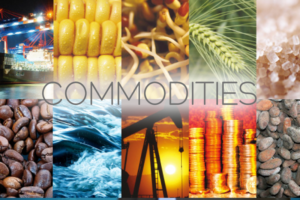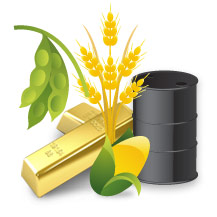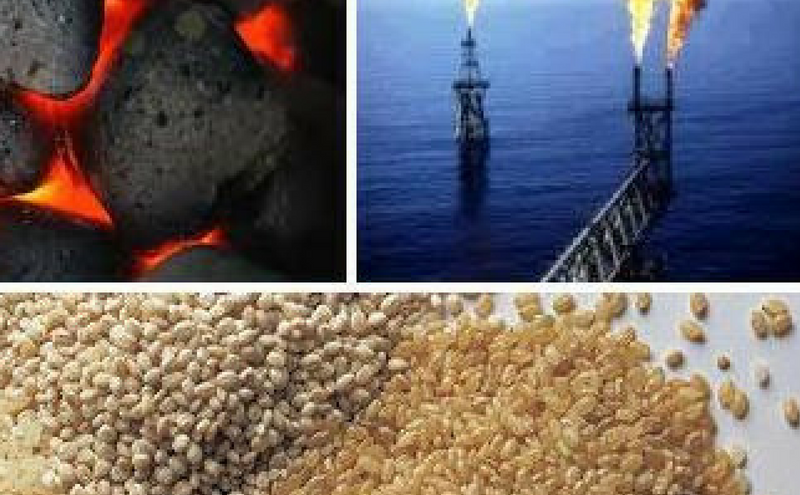-
Authoradmin
-
Comments0 Comments
-
Category

Commodity can be defined as a product or a material which is physical in nature. Trading done on these
products can be defined as Commodity Trading. Some of the examples of commodities can be
- Precious Metals (Gold, Silver, Platinum, etc.)
- Base Metals (Copper, Nickel, Aluminum, etc.)
- Agro based commodities (Wheat, Corn, Oils, etc.)
- Energy (Crude Oil, Natural Gas, Gasoline, etc.)
The commodities market exists in two forms i.e. Over the Counter and Exchange Based Market. The commodities are not only used for investments and trading but also hedging of other asset classes.
Commodity Markets work with 4 approved exchanges:
- MCX – Multi Commodity Exchange
- NCDEX – National Commodity and Derivatives Exchange Limited
- NBOT – National Board of Trade
- NMCE – National Multi Commodity Exchange
Commodity Futures Trading in India

Futures’ Trading is an important aspect of the commodities market. It is an agreement between two parties i.e. the buyer and the seller to buy or sell a specific asset (Commodity) at a future date and price. This was initially done by farmers to hedge against the change in the prices of their crops between planting and harvesting. This would allow them to get a better price for their crops.
Futures (USP)
- The Futures contract has no inherent value
- Futures contracts have finite life
- A Futures contract has a set date and a set price
- Futures involves the use of Leverage
- Futures contract are traded by both day traders and long term traders
Example of Futures Contract

For example, if you plan to grow a certain amount of wheat next year, you could either grow the wheat and then sell it for whatever the price is when you harvest it, or you could lock in a price now by selling a futures contract that obligates you to sell that much amount of wheat after the harvest for a fixed price. By locking in the price now, you eliminate the risk of falling wheat prices. On the other hand, if the season is terrible and the supply of wheat falls, prices will probably rise later — but you will get only what your contract entitled you to.
To learn more on the Commodity Market and how to trade or invest in commodities, you can contact us at www.prajinvestments.com and we would be glad to assist you with understanding and trading in the commodities market.


